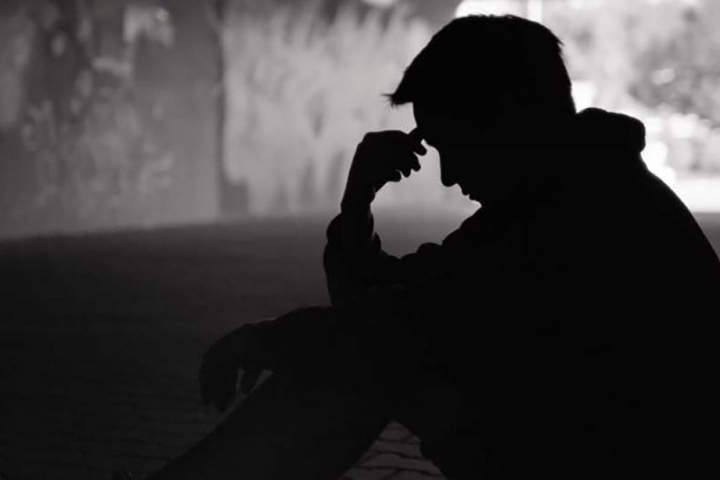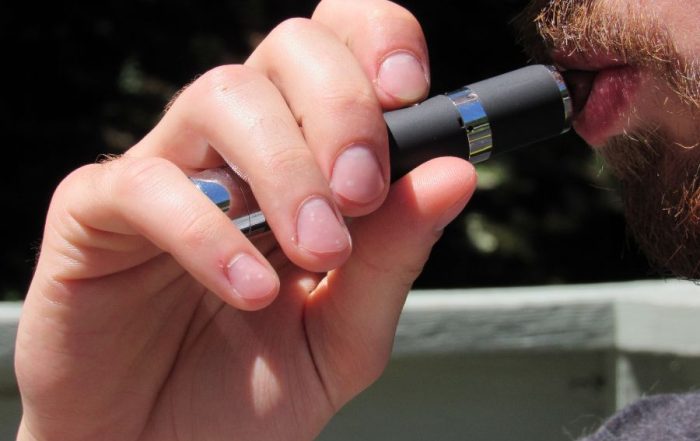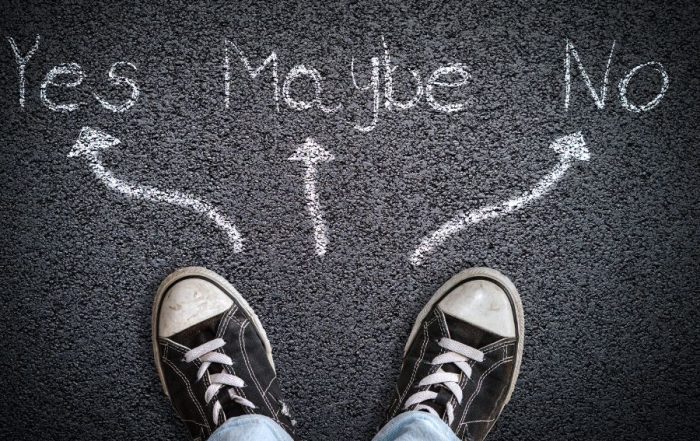How Long After Being Sober Do You Start to Feel Better?
One of the first things that comes up when a person is deciding to get sober is the fact that after quitting drugs or alcohol, we tend to feel worse initially. Our emotions are out of whack, our relationships are strained, and there may be a lot of “wreckage” to deal with in our lives. It’s common for people to struggle with the initial decision to get sober just because they perceive that they are avoiding this early stage.
The logical question we all ask is, “How long after being sober do you feel better?” The answer to this question is not a simple one, but there are certainly some key factors that can influence the length of time it takes.
How long to feel better in early recovery
After getting sober, it can take 3-6 months to begin feeling better emotionally and mentally. How long it takes to feel better depends on a host of factors, including what substances you were taking, how long you were using chemicals, the severity of your specific life circumstances, and how willing you are to utilize recovery tools.
How long do physical withdrawals take
The early stages of sobriety can be challenging, both physically and emotionally. Withdrawal symptoms are a normal part of the process, and they can be uncomfortable and difficult to manage.
Length, duration, and intensity of drug or alcohol withdrawal symptoms vary greatly based on the individual, what drugs we were doing, and the severity of your drug and alcohol consumption. Regardless, we find that most who experience withdrawal symptoms from various drugs begin to feel “normal” again within 3-6 days. Once these symptoms subside, individuals often report feeling a sense of clarity, focus, and renewed energy.
Some drugs have very intense withdrawals, whereas others are very minimal. For instance, whereas users of stimulants like cocaine or methamphetamine may simply need to resume normal sleeping and eating. However, someone with an opioid dependence may experience the extremely uncomfortable symptoms of opioid withdrawal syndrome for 3-6 days before a return to a normal schedule. If this is the case, it may be recommended to seek detoxification services prior to entering treatment for substance use.
Habitual alcohol and benzodiazepine users may even experience potentially life-threatening withdrawal symptoms after they stop drinking and using drugs.
Note: If you’re concerned that you’ll experience withdrawal symptoms based on your level of drug use, ALWAYS consult with a qualified professional about whether you need to seek professional help with detoxification.
How long until we feel better physically
The first 30 days are the most challenging as your body is detoxing physically and resuming a normal schedule.
Even if you go through the so-called “pink cloud syndrome” phase, most people begin to feel better physically after about one month of being drug and alcohol-free. By this time, individuals have typically been eating regularly and resumed a normal sleep schedule.
The best way to speed up the process of feeling better physically is to eat, sleep, and stay sober!
Note that this length of time can be complicated by other health problems, if they are present (high blood pressure, stomach problems, infections, etc.). If this is the case for you, we recommend seeing a physician who can guide you to make the best decisions concerning any health issues resulting from drug or alcohol abuse.
How long until we feel better emotionally
When we think of “feeling better” in sobriety, most of us are thinking about feeling better emotionally. After we get through the initial stage of discomfort, we turn our focus to our emotional life.
However, this tends to be a much more complicated question, since it depends so heavily on how we are progressing in our recovery.
It is common after the first 3-4 weeks of recovery to get hit with a wave of guilt, shame, and regret. This is normal – it’s a result of our focus shifting from our waning physical discomfort to the emotional discomfort created by our behavior.
This is so common, in fact, that those of us in recovery have nicknamed this phase “falling off the pink cloud”.
How long this phase of emotional discomfort lasts is extremely dependent on how willing we are to take a look at ourselves and begin to utilize recovery tools to improve emotionally.
If you’re attending a meeting every day, you’re not trying to do recover without a sponsor, you’re actively going through the 12-steps, and you’ve begun to make an effort to be of service to others, you can expect this phase to be much shorter than in someone who isn’t doing those things.
In general, it takes around 3-6 months of continuous recovery to begin feeling better emotionally. After this many months of sobriety, it becomes much more clear what issues were related to doing drugs and which are related to other mental health issues you may need to seek help for.
If you’re actively working on your recovery by developing a network, working with a sponsor, and doing your best to be honest with the sober individuals you trust, rest assured that you’re on the right track. The important part during this stage is to stick with it.
As we say in recovery, “Don’t quit five minutes before the miracle happens!”
Emotional challenges in early recovery
There is no doubt that getting sober is hard. If you ask most people in recovery what their toughest challenge in life has been, they will often discuss the first few months of their recovery.
In addition to physical symptoms, you may experience a range of emotional symptoms. These symptoms can be challenging to manage and can make the early stages of sobriety feel overwhelming.
- Confusing thoughts and feelings: You may experience various types of confusing thoughts and feelings. Some may include “Am a really an addict or alcoholic?” or “I don’t know if I want to be sober forever”.
- Guilt, shame, and feelings of regret: It’s normal for guilt and shame to come in waves. We often spontaneously “remember” scenes from our lives that we thought we had forgotten about or closed the door on. This is normal and the best way to handle it is to be honest with people in your network about these feelings.
- Missing your old life: As you begin to develop positive tools and habits, it’s normal to romanticize your old life. This often comes in the form of “euphoric recall”, where we romanticize the early days of our drinking / using before any negative consequences emerged.
Tools That Aid in Feeling Better
As mentioned above, the best thing you can do to speed up the process of feeling better sober is to utilize the recovery tools at your disposal.
There are many factors at play when it comes to how long it takes to feel better after getting sober. However, the real determinant of when you will start to feel better is the work that you put into your program of recovery.
There are 4 main aspects of the recovery process that will help bring about the change necessary to begin feeling better sober.
- Fellowship in Recovery: Addiction often isolates individuals from friends, family, and the rest of society. Connection is the opposite of that, it’s important to begin building healthy relationships that you can turn to when recovery presents challenges.
- The 12 Steps: The path to recovery and feeling better often is a result of working the program of recovery. The 12 Steps are guidelines and a path to the result you are trying to achieve.
- Fun in Sobriety: Since drugs and alcohol were the main sources of fun, it’s important to discover new ways to have fun in sobriety, which may include picking up new hobbies or sports, or learning how to have fun with your newfound friends in sobriety.
- Action: Your feelings are a direct result of your actions. It is imperative that you start developing positive habits and coping skills to deal with whatever life throws at you. Some are simple tools such as working the steps, helping others, and using your peers for positive support.
Either way, a good rule of thumb is if you aren’t feeling okay, look at your actions. Are you taking positive actions that are going to help you or someone else in recovery? If you aren’t it’s best that you reach out to your sponsor or positive peers for some guidance.
Summary
There are many challenges that come with the decision to quit drinking or using illicit drugs. It is important to remember that recovery is an ongoing process, and the first year of sobriety will be full of ups and downs. You may still experience drug and alcohol cravings and triggers, and you may need to continue to seek support and help from professionals to maintain your sobriety. However, as long as you stay willing to practice the tools you learn in sobriety, it will continue to get better.







